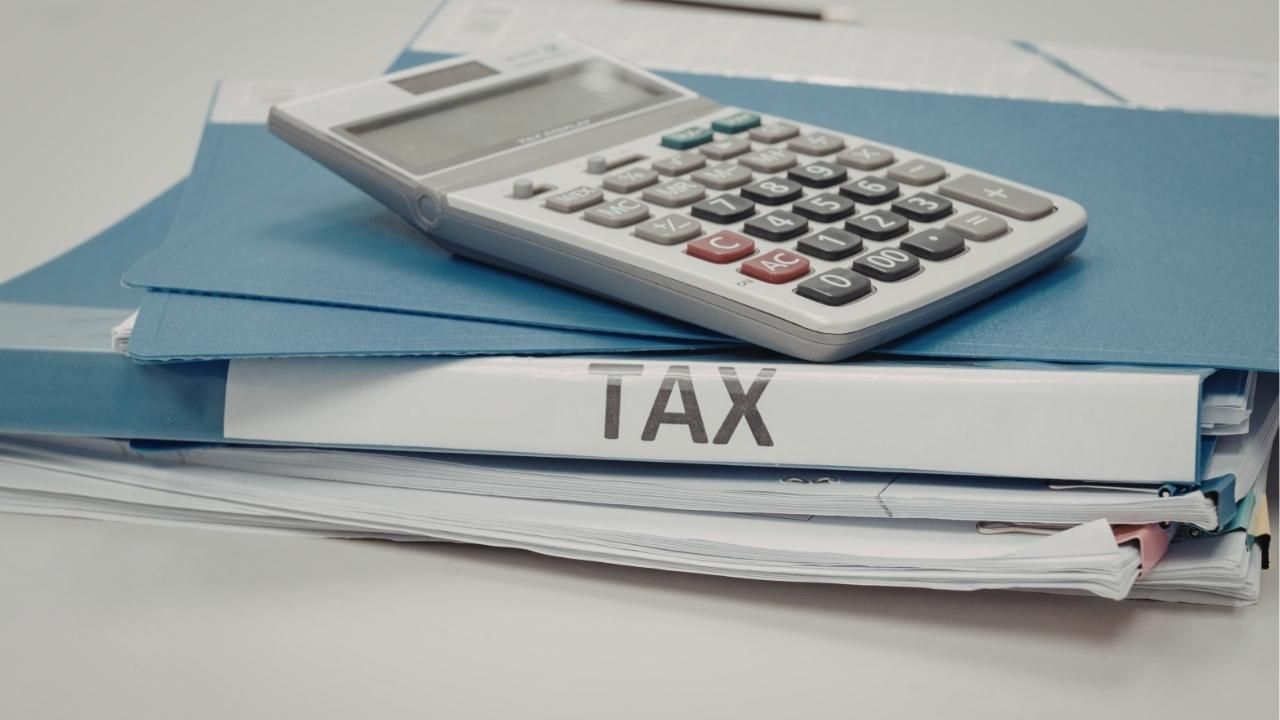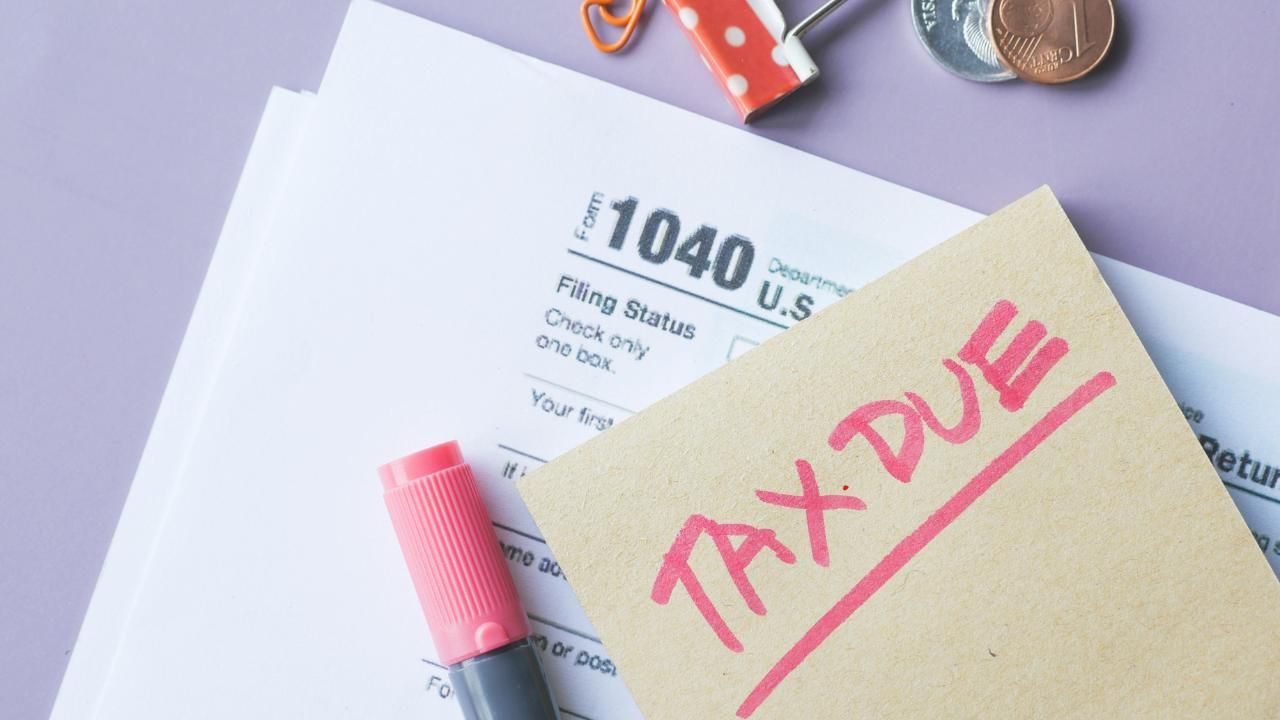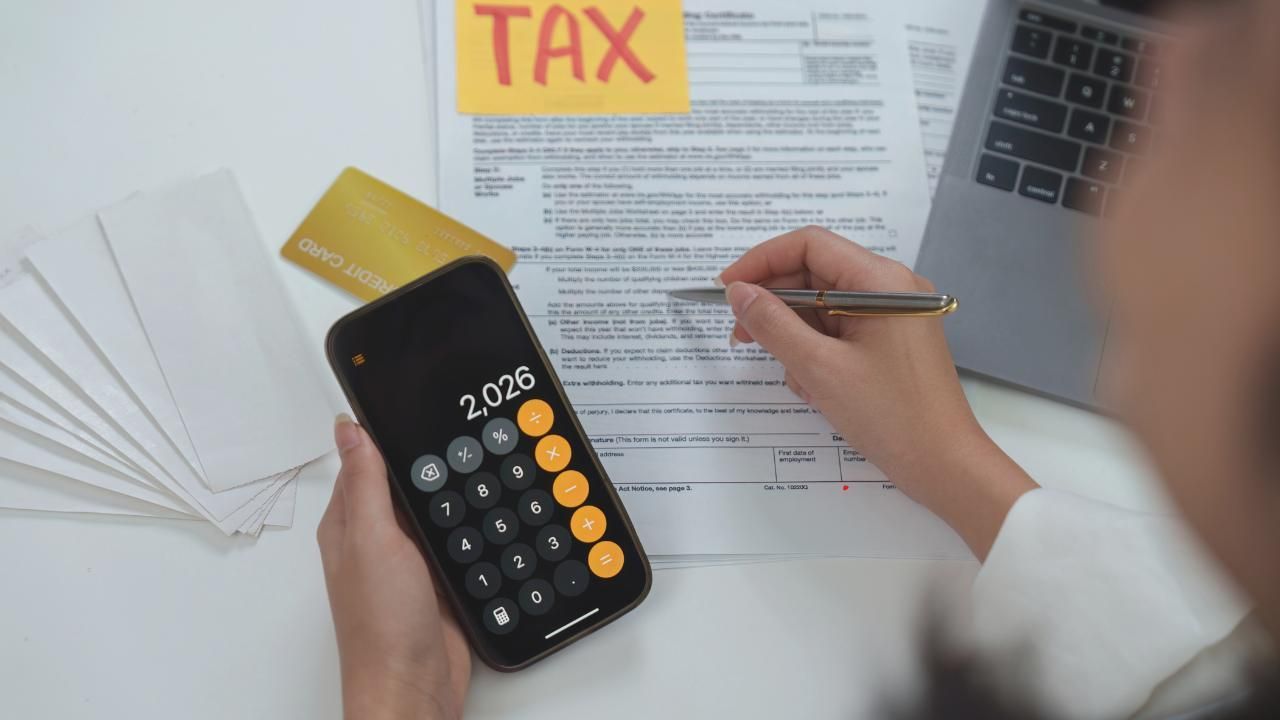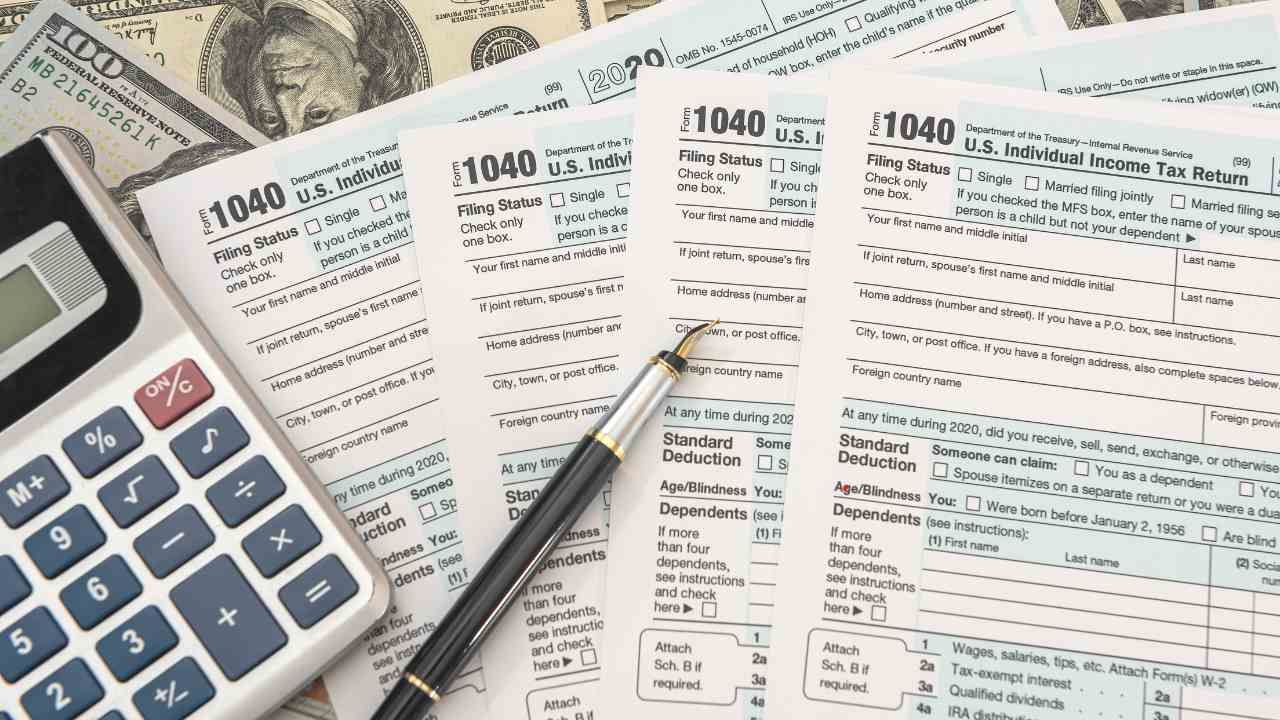Understanding Tax Implications of Cryptocurrency Trading

Cryptocurrency has transformed the investment landscape, but with those gains come tax responsibilities that many traders overlook. If you're actively trading or holding crypto, understanding the tax implications is essential—not just for staying compliant, but for making smarter financial decisions. For expert advice tailored to your needs, it's worth speaking with a reputable tax consultant company in Fort Mill SC like Carolina Tax Consulting.
In this post, we’ll walk you through what counts as a taxable crypto event, how crypto is classified by the IRS, and strategies for reducing your tax liability. We’ll also include a quick case study to show how one trader managed a hefty tax bill the smart way.
How the IRS Classifies Cryptocurrency
The IRS treats cryptocurrency as property—not currency. This means each transaction is considered a taxable event, similar to buying and selling stocks. The most common taxable events include:
- Selling crypto for fiat currency (like USD)
- Trading one cryptocurrency for another (e.g., BTC for ETH)
- Using crypto to purchase goods or services
- Receiving crypto through mining, staking, or as airdrops
On the flip side, simply buying and holding crypto is not a taxable event until you sell or trade.
Capital Gains and Losses Explained
When you dispose of crypto (by selling, trading, or spending), you’ll either incur a capital gain or a capital loss. The amount of tax you owe depends on:
- Holding period: If you held the asset for more than a year, it qualifies for long-term capital gains tax (lower rate). Less than a year? You’ll pay short-term capital gains tax, which is taxed like ordinary income.
- Cost basis: This is what you paid for the crypto, including any transaction fees.
- Fair market value at the time of sale: This determines your gain or loss when compared to your cost basis.
Losses can be used to offset gains, and up to $3,000 of losses can reduce your taxable income each year.
Common Mistakes to Avoid
Crypto taxes can get messy fast. Here are some mistakes that could cost you:
- Not keeping accurate records: You’ll need to report each transaction, including date, value, and purpose. Many exchanges don’t provide detailed tax forms.
- Forgetting about crypto income: If you earn crypto through staking, mining, or working, that’s income and must be reported at its fair market value on the day you received it.
- Mixing personal and business assets: If you accept crypto in your business, it’s subject to income tax, not just capital gains.
Using professional Fort Mill tax services can help you avoid these common pitfalls while keeping you compliant with changing regulations.
Case Study: From Tax Chaos to Compliance
Maria, a freelance web designer, began trading Ethereum and Solana during the 2021 crypto boom. By 2023, she had over 200 transactions across multiple wallets and platforms—but no recordkeeping. When tax season came, she panicked.
She reached out to Carolina Tax Consulting, who reviewed her wallets, compiled a detailed transaction log, calculated her gains and losses, and advised her on claiming a net loss to reduce her overall tax burden. With their help, she avoided penalties and even received a small refund.
How to Stay Ahead of Crypto Tax Season
If you’re active in the crypto space, now’s the time to get your house in order. Here are some quick tips:
- Use crypto tax software like Koinly, CoinTracker, or ZenLedger
- Maintain detailed records of all your transactions
- Know your holding periods and plan your sales accordingly
- Don’t assume small transactions aren’t taxable—they are
And most importantly, consult a tax expert who understands crypto. The world of digital assets is evolving fast, and you need someone who can help you navigate the tax code confidently.
Takeaway: Don’t let crypto taxes catch you off guard. A bit of planning and the right guidance can save you thousands and keep you in good standing with the IRS. Reach out to a trusted tax consultant today to get started.
Ready to work with Carolina Tax Consulting, LLC?
Let's connect! We’re here to help.
Send us a message and we’ll be in touch.
Or give us a call today at 803-410-5885











